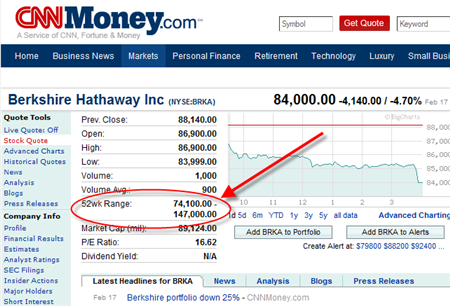Good evening, this is a slightly unrelated post, but interesting nonetheless. This video shows workers in China working at lightning speed, packing decks of cards. As you may know, China has a huge labour force which makes every product you can imagine. Many countries such as America, Canada, European countries, and many more, outsource their labour to China in order to cut costs.
 In North America, a lot of our workers are spoiled, with unions, sick pay, vacation days, and more, when compared to that of China's workers, it's crazy how hard they work. Unfortunately, since there is such an abundance of these workers, they are often mistreated and are willing to work dangerous jobs just for a few hundred dollars a month, not even a quarter or what most people in other countries would make.
In North America, a lot of our workers are spoiled, with unions, sick pay, vacation days, and more, when compared to that of China's workers, it's crazy how hard they work. Unfortunately, since there is such an abundance of these workers, they are often mistreated and are willing to work dangerous jobs just for a few hundred dollars a month, not even a quarter or what most people in other countries would make.China's GDP growth rate is incredible, and is creating a huge impact on global markets with millionaires being created every day.
The Chinese middle class is also growing at a rate never seen before. Basically, there is a lot of growth and spending going on in China which is creating a lot of change in all parts of the world. Even though there are many more billionaires being produced, most of the country lives off $3600 dollars a year or less.
What does this mean? China has become the second largest economy in the world, surpassing Japan, and produce everything from batteries to cars, clothes to furniture, and everything in between.
Now you might be thinking, whats the point? Basically, there are many investors that are eyeballing China as a potential gold mine. Imagine how many houses need to be built to support the rising middle class. As the population grows even larger, mouths have to be fed, children have to be clothed and educated, and more.
How do you invest in China's shifting economy? There are many potential answers to that question, but somethings to think about if you are interested are investing in its industrialization, energy, and consumable commodities such as oil, copper, etc.
Do some research, a well balanced portfolio can also include assets from foreign enterprises, and there may just be a lot of potential in the future.




















